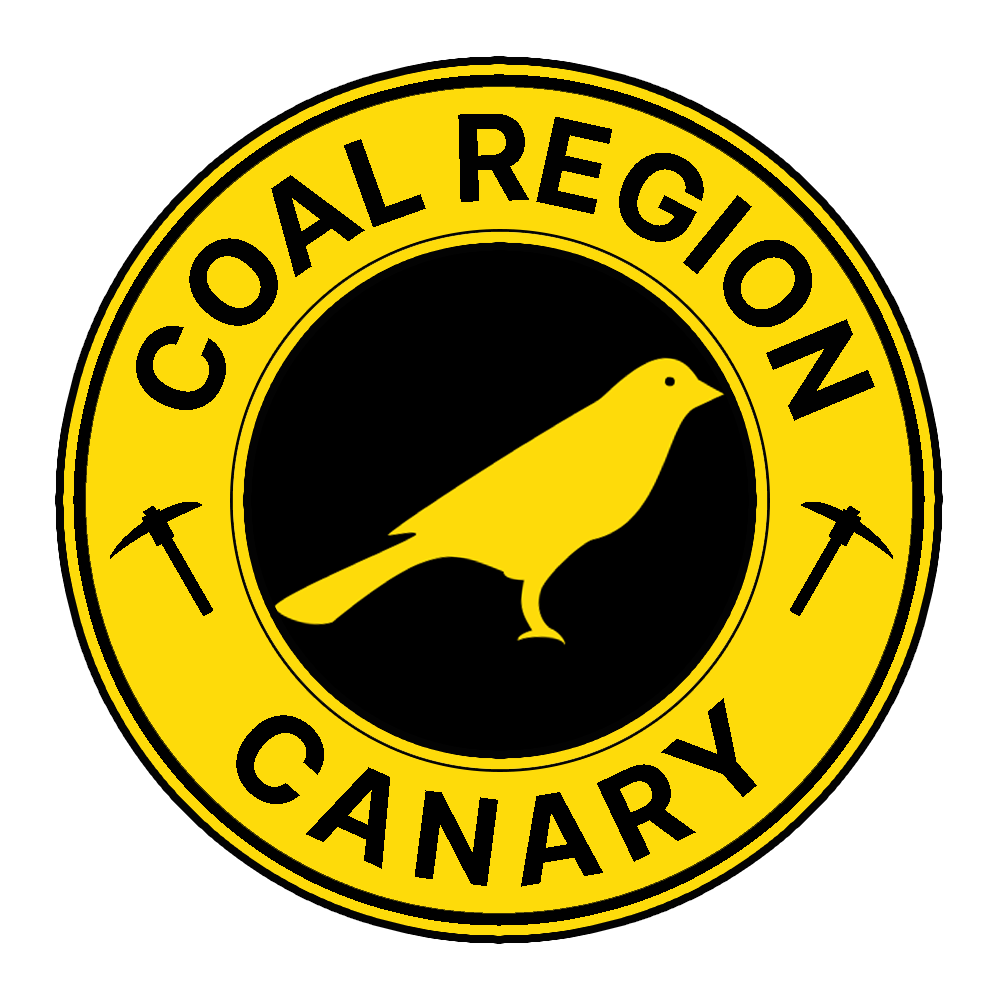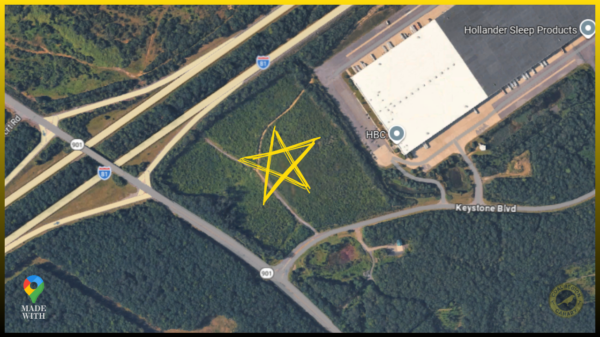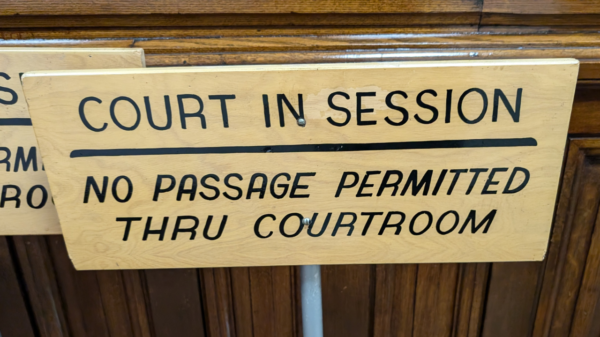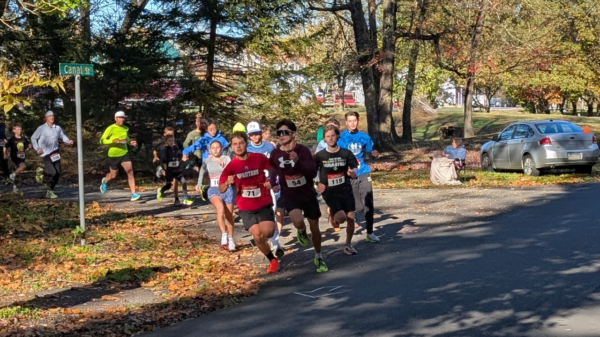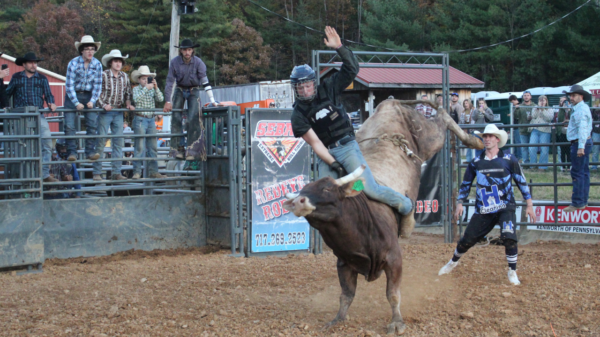
You don’t need a heat wave to be at risk of suffering heat stroke. It’s one of the more serious afflictions a person (or a pet) can suffer in extreme heat.
Heat-related illness can affect anyone but puts certain people at explicit risk. They include children and the elderly, of course. But don’t forget about athletes and people who work outdoors, too. You could even suffer a heat-related illness just doing through your normal daily workout.
Getting Too Much Sun
There is such a thing as getting too much sun.
Getting too much sun can affect people in different ways. Much of it depends on your personal health and, of course, the weather.
The risk of heat stroke increases the hotter it gets. And when it’s hot, a lot of people like to head outdoors. And when people go outdoors in the heat, they’re likely to get too much sun.
One of the risks of getting too much sun is suffering a heat stroke. So, we wanted to point out some of the signs and symptoms of heat stroke.
What is a Heat Stroke?
According to the Mayo Clinic, a heat stroke is a condition which is caused when your body overheats. And it is most common in the summer time. A heat stroke can cause your body temperature to rise to 104° or higher.
There are two causes of heat stroke.
Exertional Heat Stroke: is when you are performing vigorous physical activity in a hot environment. This type of heat stroke strikes younger people and they are not fully aware of the symptoms. Often times they ignored.
Non-exertional Heat Stroke: happens to people who have a problem regulating their body temperature. This is generally the type of heat stroke older people, very young children, and those with chronic illnesses suffer.
What are the Symptoms of Heat Stroke?
The danger of a heat stroke is it comes on suddenly, but before it does there several symptoms. If you are aware of these symptoms, you can take measure to cool your body down and prevent any serious injuries.
Symptoms could include:
- Abdominal cramps
- Muscle cramps
- Nausea
- Vomiting
- Headache
- Dizziness
- Weakness
- Heavy sweat or a lack of sweat
- Flushed skin
- Rapid breathing and racing hear rate
As soon as you feel any of these symptoms get out of the heat right away. Go indoors, drink some water, take a cool shower, bath or use a garden hose to cool yourself off.
When the heat stroke begins, you will start experiencing neurological symptoms, and these are:
- Odd or bizarre behavior
- Irritability
- Delusions
- Hallucinations
- Seizures
- Coma
According to the Harvard Medical School, any delays in treatment can result in some serious injuries. This includes kidney or liver damage, congestive heart failure or heart arrhythmias, coma or death.
How to Prevent a Heat Stroke
The good new is most cases of heat stroke are preventable. All it takes is being aware of the temperature, not doing vigorous physical activity, and keeping an eye out for the above symptoms.
Additionally, you can:
- Stay hydrated by drinking plenty of water throughout the day. Don’t drink anything with caffeine or alcohol because they contribute to dehydration.
- If you feel warm go indoors to an air-conditioned area.
- Wear light/loose-weave material which will let air in. At the same time don’t wear dark colored clothes.
If you are doing strenuous activity do it early in the morning or later in the afternoon. Try to avoid the hours between 10 a.m. and 4 p.m. If you have to work or play during that time take frequent brakes and stay hydrated.
Heat stroke is almost always treated successfully, but you have to be aware. Knowing the symptoms is a great start to help yourself, friends and family.
Image: Licensed via DepositPhotos.com
Subscribe to Coal Region Canary
Get email updates from Coal Region Canary by becoming a subscriber today. Just enter your email address below to get started!Support Coal Region Canary
Like our reporting and want to support truly local news in Schuylkill County? Your small donations help. For as little as $5, your contribution will allow us to cover more news that directly affects you. Consider donating today by hitting the big yellow button below ...